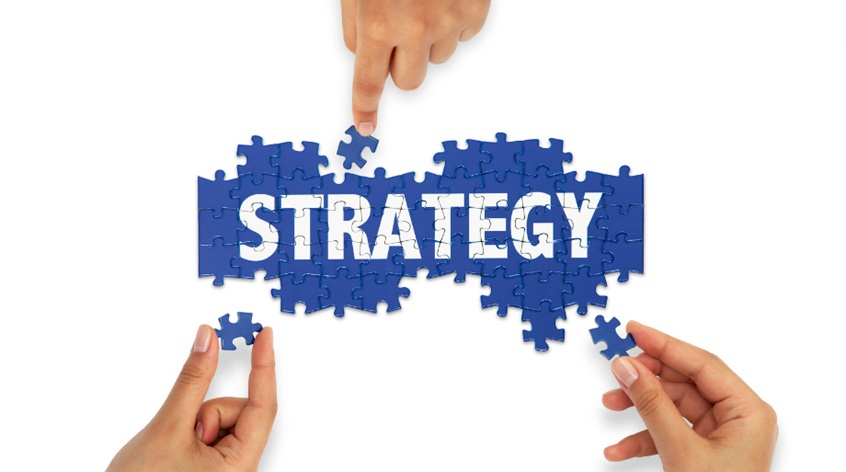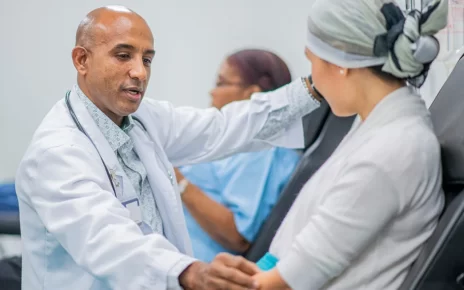Alcohol addiction is a complex and challenging disease that affects millions of people worldwide. While the road to recovery may seem daunting, there are many strategies and resources available to help individuals overcome the grip of alcohol addiction. In this guide, we will explore some of the most effective strategies for successful recovery.
Seek Professional Help
While educating yourself is a crucial step in recovery, seeking professional help is often necessary for successful long-term sobriety. Addiction specialists, therapists, and support group leaders have the training and experience to guide you through the recovery process.
They can provide individualized treatment plans, therapy sessions, and other resources that address your specific needs and challenges. With the help of professionals for alcoholism recovery in Hollywood, you can develop the skills and strategies to manage cravings, cope with triggers, and navigate any setbacks that may arise.
Educate Yourself
The first step in overcoming any addiction is to educate yourself about the disease. Alcohol addiction is a chronic and progressive condition that can have severe physical, mental, and emotional consequences. Understanding the science behind addiction, as well as its effects on the brain and body, can help you gain insight into your own struggles with alcohol.
There are many resources available to learn more about alcohol addiction, including books, articles, and online resources. Knowing how to find free sober living homes will also be of great help to you in your journey. You can also attend support group meetings where you can learn from the experiences of others who have successfully recovered from alcohol addiction.
Build a Support Network
Recovery from alcohol addiction is not something that can be done alone. It is essential to surround yourself with a strong support network of friends, family, and other individuals who understand and support your journey. This can include loved ones, fellow recovering addicts, and members of support groups such as Alcoholics Anonymous.
Having a strong support system can provide emotional support, motivation, and accountability in your recovery efforts. It is also crucial to communicate openly with your support network about your struggles, victories, and any potential triggers or challenges.
Develop Coping Strategies
One of the biggest hurdles in recovery is learning how to cope with difficult emotions and situations without turning to alcohol. Developing healthy coping strategies can help you manage stress, anxiety, and other negative emotions without resorting to drinking.
Some effective coping strategies include exercise, meditation, journaling, and seeking out healthy distractions such as hobbies or activities. It may take some trial and error to find what works best for you, but with perseverance, you can develop a range of coping strategies that support your recovery journey.
Practice Self-Care
Self-care is an essential aspect of recovery that many people overlook. Recovery is not just about abstaining from alcohol; it also involves nurturing and caring for yourself holistically. This can include addressing any co-occurring mental health issues, getting enough sleep, eating well, and engaging in activities that bring you joy. Taking care of yourself can help you maintain a positive mindset and improve your overall well-being, making it easier to resist the temptation to drink.
Celebrate Small Victories
Recovery is a journey that is paved with both successes and setbacks. While it’s essential to acknowledge and work through any challenges, it’s also vital to celebrate the small victories along the way. This can include reaching a sobriety milestone, successfully managing a trigger or craving, or simply having a good day. Celebrating these moments can help boost your self-confidence and motivation to continue on your path to recovery.
Conclusion
Recovering from alcohol addiction is a challenging but incredibly rewarding journey. Professionals can help you to guide you, and resources can educate you, but ultimately, it is up to you to take action and commit to your recovery. Professionals can help you with the physical advantages of alcoholism recovery, and resources can educate you about the mental and emotional aspects of recovery.





